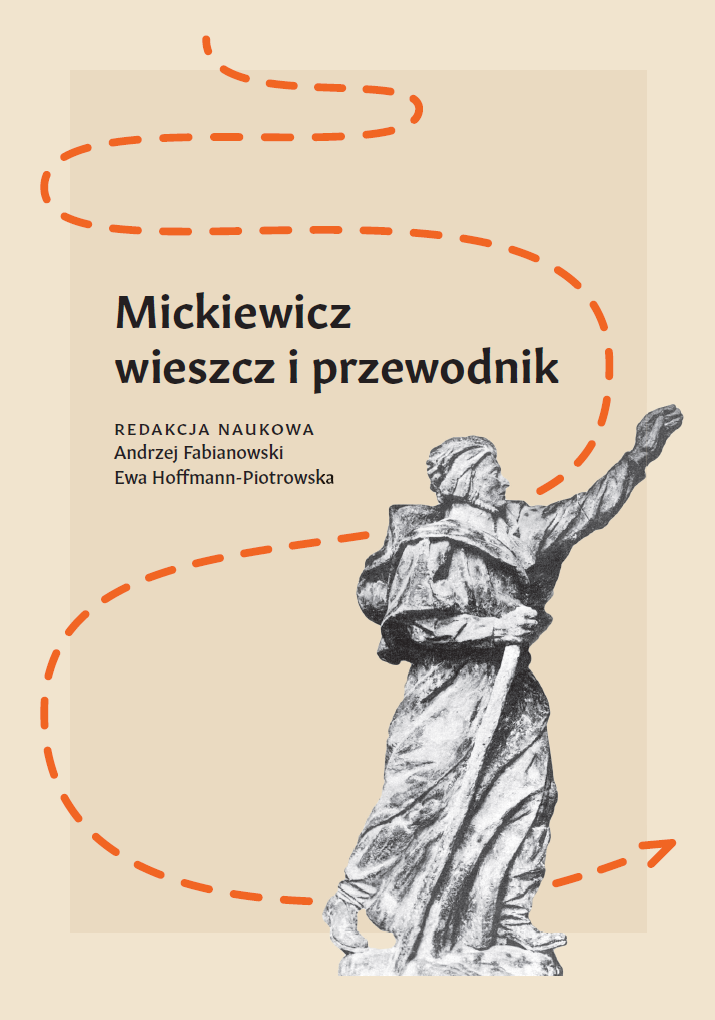Obraz barbaricum w I kursie Literatury słowiańskiej i Pierwszych wiekach historii polskiej
THE PORTRAYAL OF BARBARICUM IN COURSE I OF LITERATURA SŁOWIAŃSKA AND PIERWSZE WIEKI HISTORII POLSKIEJ
Author(s): Dariusz Seweryn
Subject(s): Language and Literature Studies, Cultural history, Studies of Literature, Polish Literature
Published by: Wydawnictwa Uniwersytetu Warszawskiego
Keywords: Literatura słowiańska; Pierwsze wieki historii polskiej; literature towards historiography; symbolism; mythical Roman history
Summary/Abstract: The dissertation, which constitutes a fragment of a broader study in preparation, reverses the traditional perspective applied in research on Mickiewicz’s Paris lectures by means of analysing the influence of Mickiewicz’s Slavocentrism on certain aspects of the picture of the pre-Christian barbaricum, which he formulated in Course I of Literatura słowiańska [Slavonic Literature] and in Pierwsze wieki historii polskiej [First Centuries of Polish History]. One of the premises of the assumed approach is to challenge the precipitant idea to equate historiography with literature on the basis of their shared constituent part that is literariness. In fact, research on historiography is based on different methodological foundations and provides different cognitive benefits, for instance, traditionally present in historiography loci communes distort the image of communities that functioned outside the Latin circle, and subsequently outside the Latin-Christian ecumene, yet they do not entirely invalidate the value of the source of information. The dissertation brings forth the fundamental inconsistencies of Mickiewicz’s lecture on nomadic peoples, the Mongols in particular, who are taken advantage of by Mickiewicz to sort out the debate on the heritage of the Enlightenment. On the other hand, the dissertation points at Mickiewicz’s potential, yet underestimated, comparative predispositions, which he exposed in a reference to the role of Numa, the successor of Romulus, in the history of Rome.
Book: Mickiewicz – wieszcz i przewodnik
- Page Range: 128-149
- Page Count: 22
- Publication Year: 2019
- Language: Polish
- Content File-PDF

